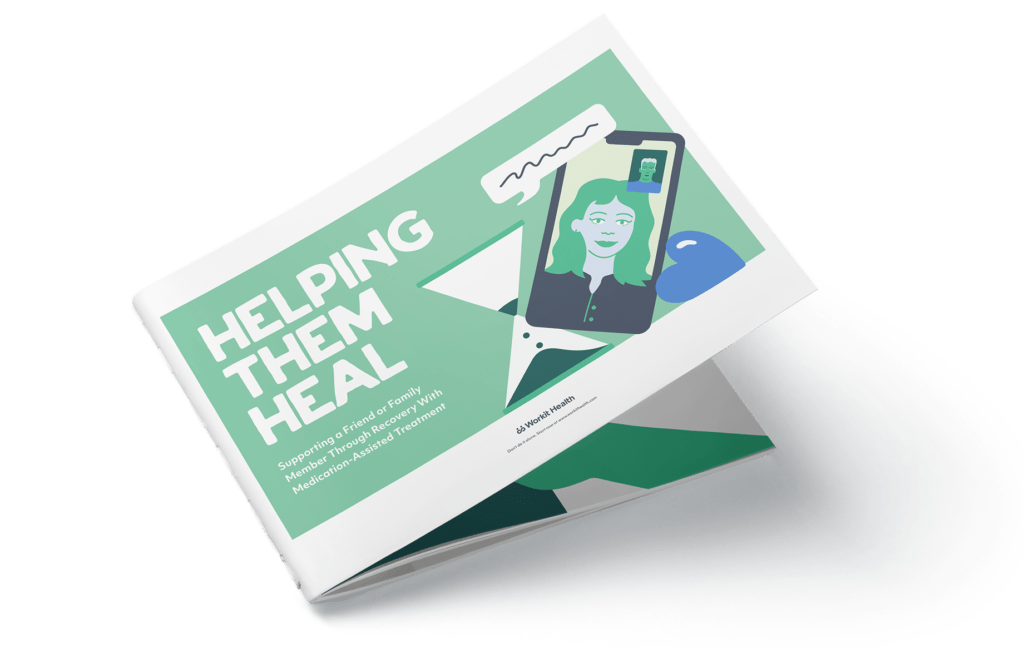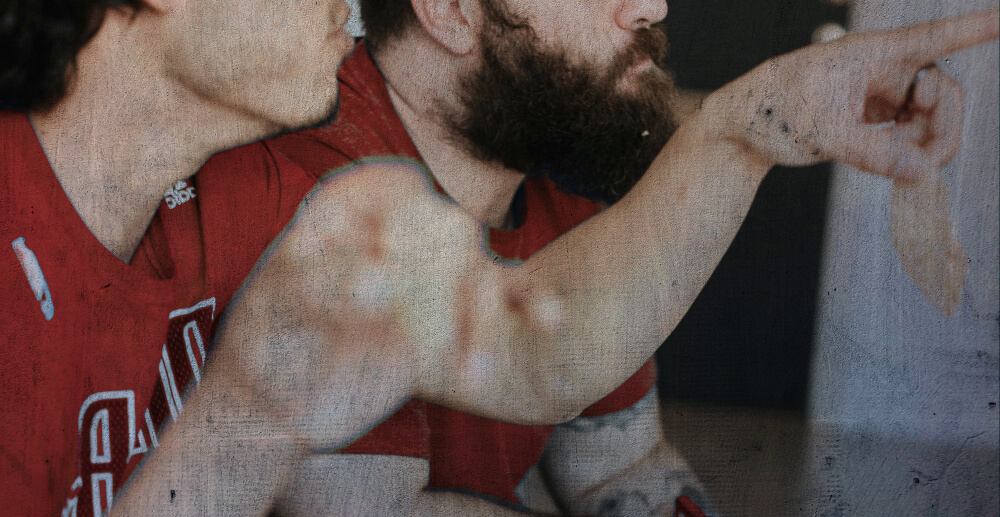How can you handle dental pain in sobriety? Olivia Pennelle of Liv’s Recovery Kitchen tells her personal story.
I used to think I had a pretty strong position about taking mind-altering medications: I wouldn’t take them because I believed avoiding them was true sobriety. And I also used to think that abstinence-based recovery was the only way to recover too. So much has changed over the last two years and my experience has changed those views.
I had initially recovered through the 12-Steps and although the literature said that taking medication was an outside issue between you and your doctor, that wasn’t entirely what I experienced in the rooms. I heard stories of people relapsing from taking pain medication, stories of using outside of the prescription guidelines, as well as people relying solely on their higher power to relieve the pain of dental work. Then there were the snide remarks; judging those taking medication by saying they weren’t really ‘clean’ or sober. Those stories, together with an interpreted view of what happens when taking medication, compelled me to avoid all mind-altering medications—I thought that was sobriety.
“Then there were the snide remarks; judging those taking medication by saying they weren’t really ‘clean’ or sober. ”
That was until I broke my arm, left 12-Step fellowships, and had extensive dental work.
When I broke my arm last year I tried taking Tylenol and Advil to relieve the immense pain. Anyone who has broken a bone will know the kind of pain I am talking about. After a while with no relief, I relented and took the medication. That was my first experience with narcotic pain meds in recovery. I didn’t relapse, I wasn’t tempted to abuse the medication, and I continued in my recovery.
Since leaving 12-Step fellowships, my sobriety has flourished. That’s not to say leaving wasn’t difficult—it really was. Initially I was fearful of everything, especially relapsing—because of what I had been programmed to believe: people who leave often relapse, I was told. They think there is a better way, or they can do it alone, but there isn’t really a better way, and if they’re lucky they come back. I have lost count of the number of times I have heard that.
Fortunately, given my nature, I see fear as an opportunity for inquiry. Through therapy and exploration, I have found a lot of my conditioning in 12 Step programs to be false, such as what will happen when taking prescribed medication.
“My fear of the dentist could be described as terror-level anxiety.”
In the past few weeks, I have had two root canals, two fillings, two crowns, and two deep cleanings under local anesthetic. My fear of the dentist could be described as terror-level anxiety. My heart races, my palms become sweaty, I shake, my mouth becomes dry, I cry at being asked my name, and hold on to the chair so tightly that my fingers go white. There is no doubt I suffer with dental phobia and anxiety.
When I initially saw my dentist, he suggested I take a benzodiazepine for this anxiety. I told him I was in recovery and would rather try it without. During the first root canal without medication, I had a panic attack and it took all of my might not to pull all the stuff out of my mouth and run out of the office. It occurred to me once I’d calmed myself down incessantly repeating metta phrases, that I was being a recovery martyr by refusing my doctor’s advice. It was my old conditioning stepping in telling me to avoid anything that might risk relapse.
“I was being a recovery martyr by refusing my doctor’s advice.”
The thing is, I’d been upfront about my recovery with my doctors, I have experience of taking narcotics responsibly when I broke my arm, and I am over six years sober—meaning I have no desire to drink or take drugs, even during some pretty intensive stress this last year. I didn’t see medication as an opportunity to get high, I saw it as a reason to quell my out of control anxiety. What’s more, I’m wise enough to make sure precautions were in place: I checked in with my regular doctor and my therapist to make sure they felt it was a necessary step—which they did—and they were fully informed to help support me through that process.
Guess what happened? I took the medication exactly as prescribed and didn’t relapse. Taking the medication didn’t set off a reaction for more, it was an opportunity to demonstrate to myself that I can make sound decisions based upon my doctors’ advice.





